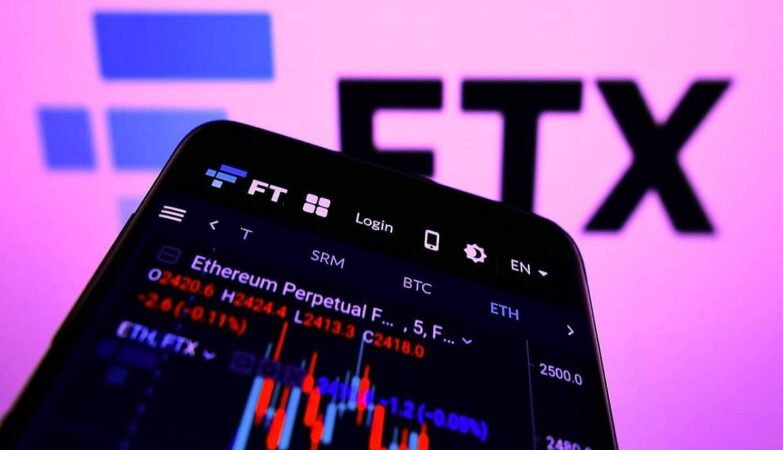A representative for the U.S. government has voiced concerns over recent amendments made by Genesis in their bankruptcy proceedings. William Harrington, serving the Department of Justice, has identified substantial modifications to the terms previously agreed upon by the debtors in their restructuring plan.
Harrington’s primary contention hinges on overhauling the sale strategy initially proposed. He notes the original discharge language has been scrapped, with Genesis retracting their intent to pursue an asset sale. This pivot, according to the trustee, necessitates a fresh disclosure statement and a prolonged notice period to allow creditors due process.
Genesis Disclosure Lacks Creditor Details
Moreover, the trustee has questioned the level of detail in the revised disclosure, specifically the need for more clarity around creditor distributions. Harrington argues that the amended document needs to outline the expected dividends and the timelines for creditor compensation. This omission is a critical concern for those invested in the outcome of the bankruptcy resolution.
The backdrop to this legal scrutiny is Genesis’s bankruptcy filing in January, a repercussion of the FTX collapse. A preliminary agreement between Genesis and Gemini in August had proposed a recovery of 70-90% for unsecured creditors, a deal now shadowed by legal confrontations.
Gemini Sues Genesis Over Collateral Shortfall
Additionally, the trustee’s objection surfaces amidst a web of legal disputes involving Genesis, its parent company, Digital Currency Group, and Gemini. A recent lawsuit filed by Gemini accuses Genesis of failing to honor a $1.6 billion obligation in GBTC shares promised as collateral in the Gemini Earn program. The New York Attorney General’s allegations, emerging in October, accuse the Gemini Earn program of operating as an unregistered securities offering, further entangling the legal situation.
Trustee Harrington has requested a 28-day notice period, a significant demand to guarantee creditors sufficient time to review and vote on the revised disclosure. This action marks a concerted effort to foster transparency and fairness in the bankruptcy proceedings, emphasizing the trustee’s commitment to protecting creditor interests.
Read Also: Dormant Bitcoin Whales Move 6,500 BTC Worth $230M
The presented content may include the personal opinion of the author and is subject to market condition. Do your market research before investing in cryptocurrencies. The author or the publication does not hold any responsibility for your personal financial loss.








✓ Share: